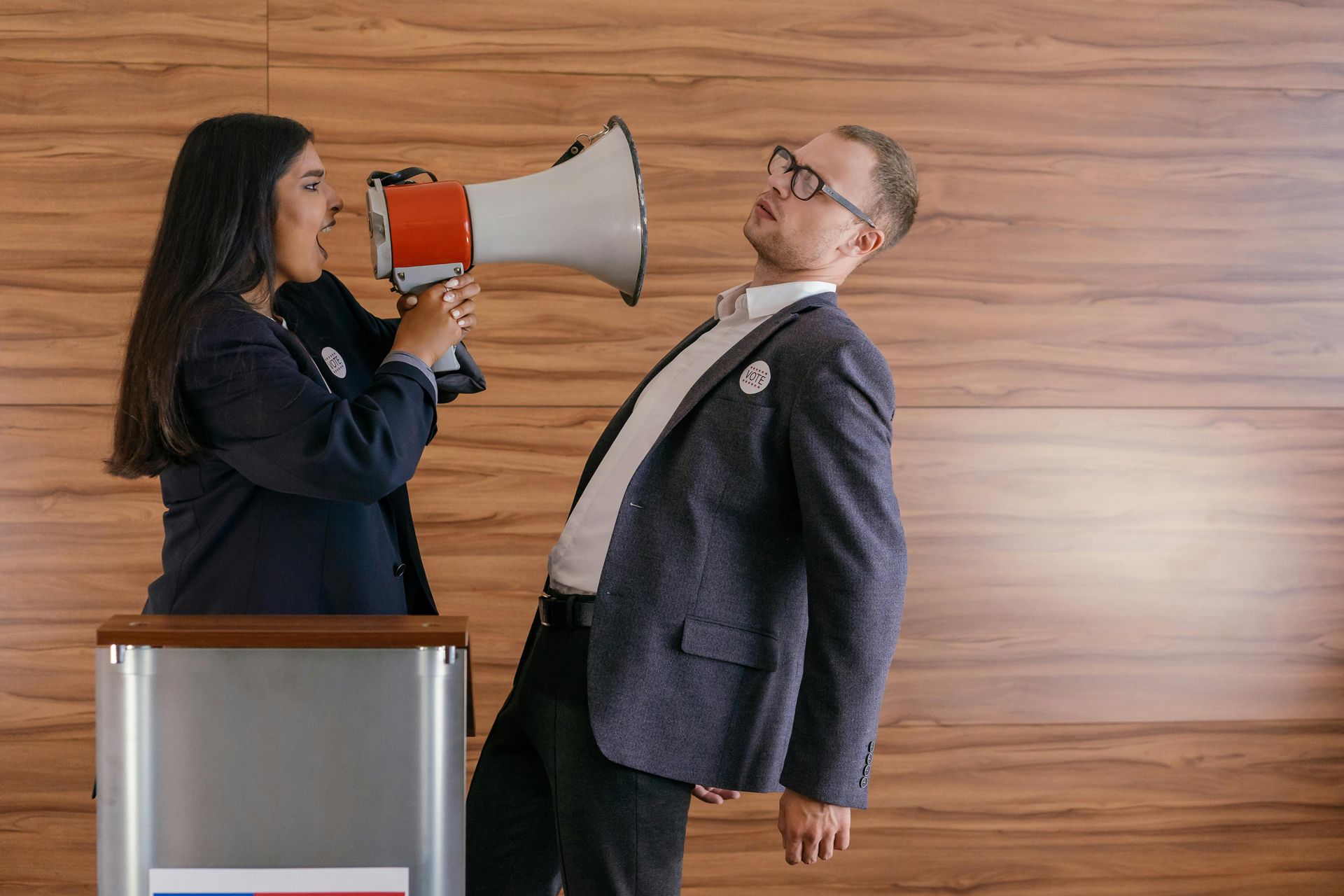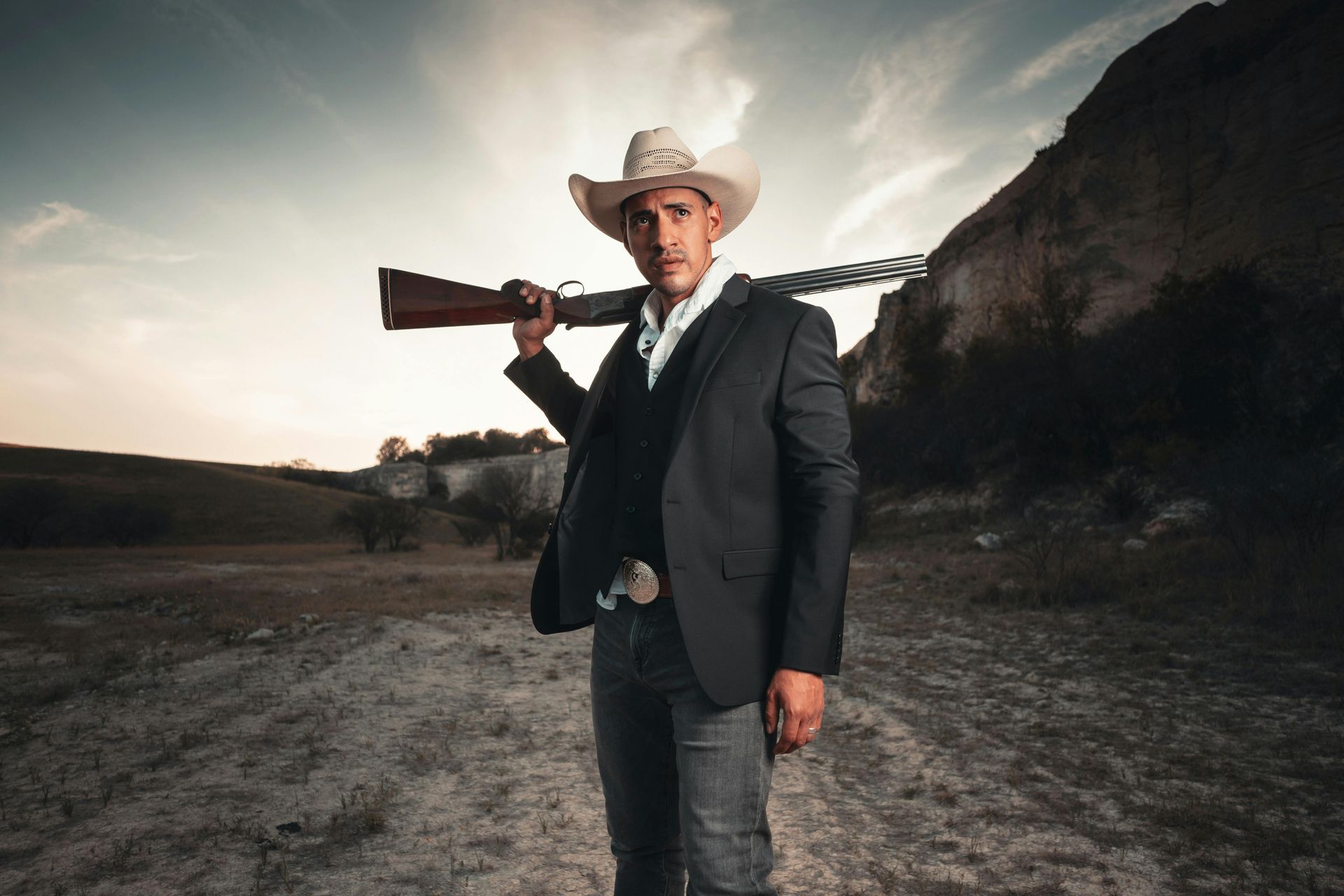VIDEO GAMING LEGAL SOLUTIONS
Video gaming is a rapidly expanding industry consisting of gaming licenses and distribution contracts. Our lawyers help you develop and protect your video game technology.
VIDEO GAME INDUSTRY LAW
What Is Video Game Law?
Video Game Law focuses on protecting video game developers and designers in an industry that has had explosive growth in the last several years. With the prominence of international competition and online gaming, video game developers are more of focused on the glamour of their products and not on the legal ramifications of their failure to protect their intellectual property. Our Dallas video gaming lawyers can help video game developers and designers secure patents, trademarks, and copyrights to protect against piracy, intellectual property theft, and security breaches to not only protect their video game but their video gaming business.
Common Legal Issues With Video Game Products
- Ownership and registration of intellectual property regarding software and hardware;
- Software development agreements;
- Video Game Development and Publishing
- Litigation & defense of infringement claims;
- Video game hardware distribution;
- Entity formation, capital, and financing strategies;
- Motion picture, television and cable; and
- E-sports representation and production.
Common Legal Solutions For Video Game Products
- Trademark counseling and litigation;
- Licensing and technology transactions;
- Security offerings and litigation;
- Monetizing intellectual property rights (Trademarks, Patents, Designs, Code, Trade secrets, etc.);
- Data protection & privacy laws;
- Ownership of virtual property in video games;
- Regulation of mature and adults only (M & AO) rated video games; and
- Laws related to next-gen video game consoles.
Video games are unique and extremely creative as their concepts and designs draw on both human creativity and the unconstrained imagination of the technologically possible. Using software and hardware, a developer and designer transform a vague concept into transcendental electronic visual art form. The cultural impact of the rise of the video gaming industry cannot be understated. Our professional team of video gaming lawyers specializes in helping gaming studios, e-sports teams, publishers, content and rights owners, hardware developers, broadcasters, and advertisers in the video gaming industry sector. Further, our lawyers help draft enforceable agreements for use with websites, software applications, and other technology and inventions.
Video Game Law Attorneys
Wilson Legal Group gaming lawyers advise clients on matters in the gaming industry law including, but not limited to, video game licensing, compliance, intellectual property, litigation, corporate transactions, and financing. We represent gaming industry suppliers and vendors throughout the United States, state, and local courts, including the U.S. District Court's for the Eastern District of Texas, the Northern District of Texas, and the Western District of Texas Texas.
Additional Industry Focus
Video Games & Copyright Law
Under copyright law and often trademark law, game designers and developers legally own the rights to use the game design, flow, and imaging, such as characters, and stories within the video game. Intellectual property protection for a video game allows the game designer and developer to licenses how and when their software, characters and stories can be used by the general public, including how their game is live-broadcast or streaming on a social media platform. In certain circumstances, game designers and developers can file DMCA takedown notices to remove infringing gaming materials for online websites and platforms.
CLIENT MATTERS
5,000+
YEARS OF SERVICE
25+
Award Winning
Recognized in the legal industry as dedicated board-certified lawyers and Rising Stars.
Expert Team
Your project will be handled by legal experts every time. You will have the most experienced attorneys working for you.











